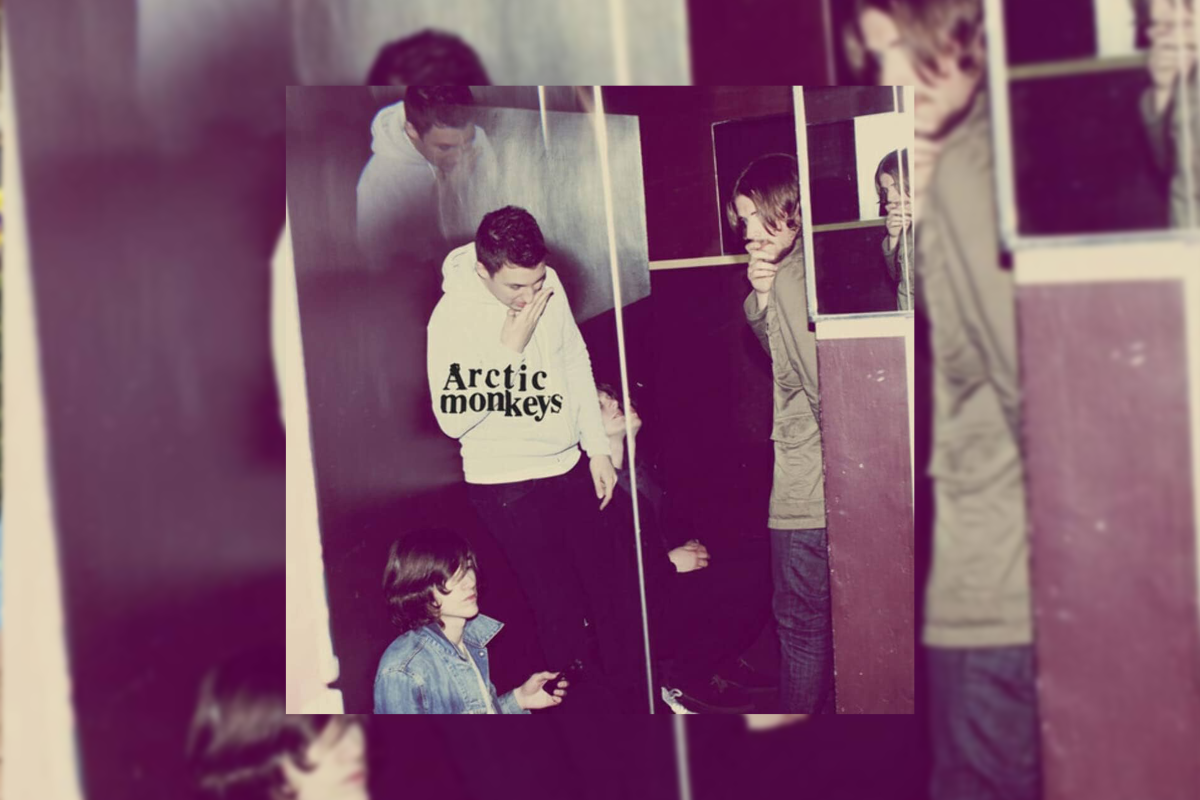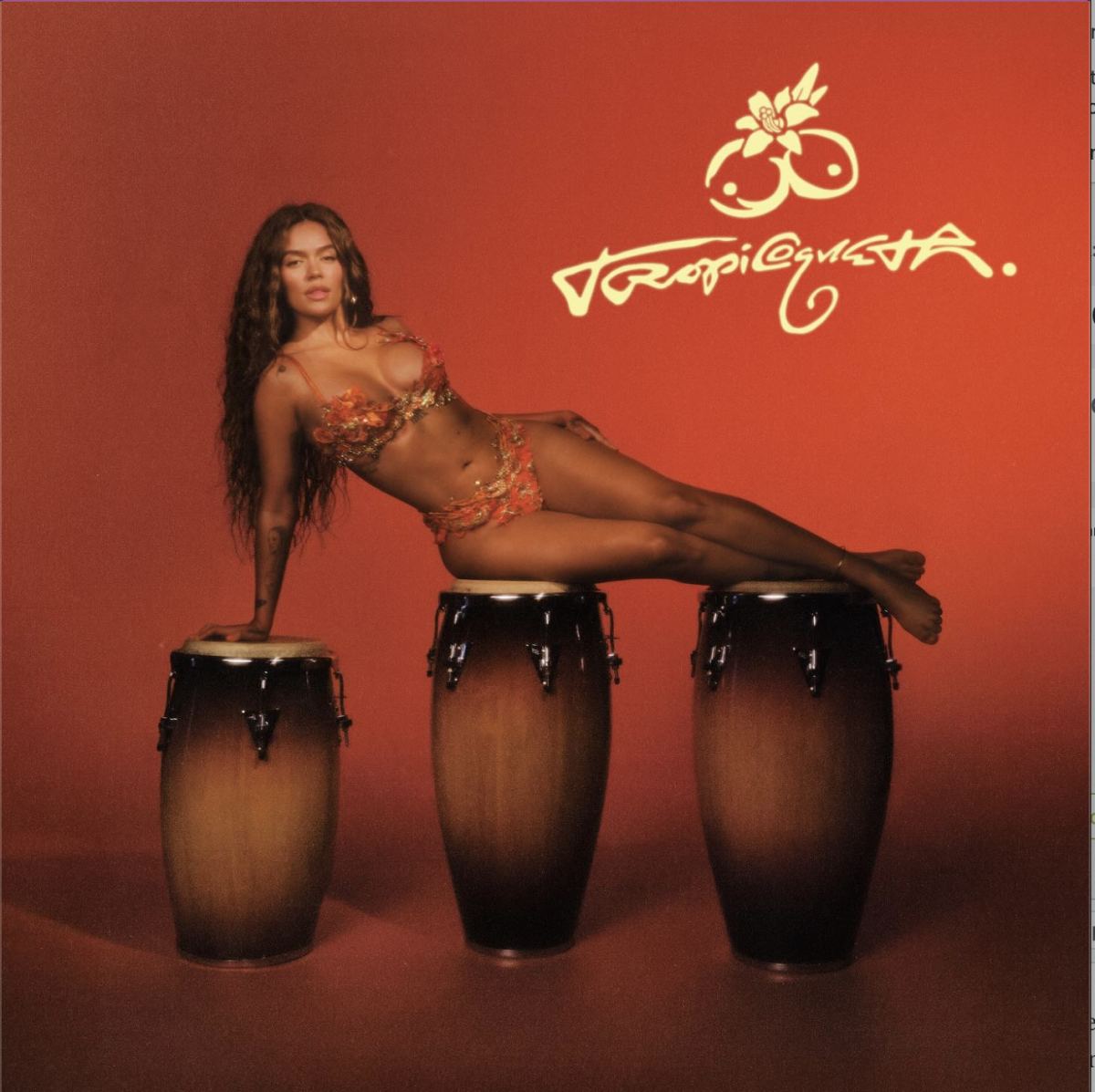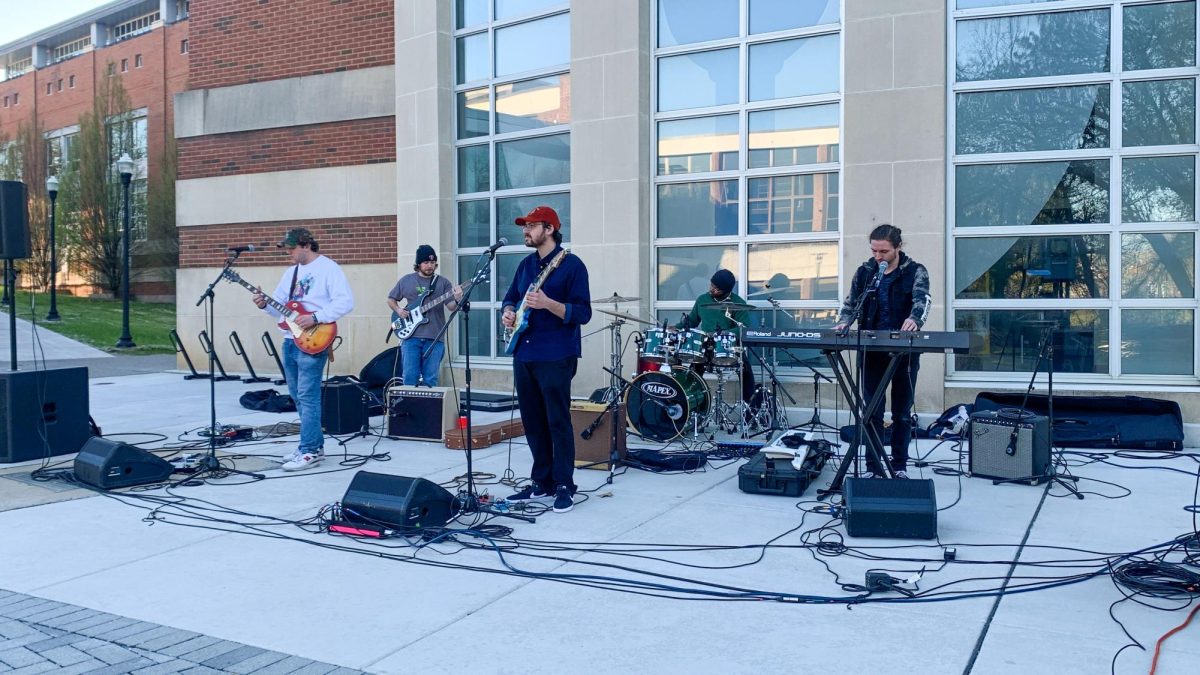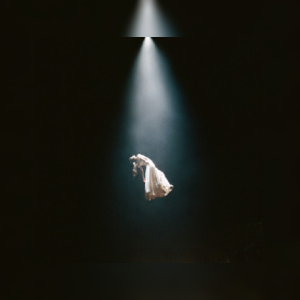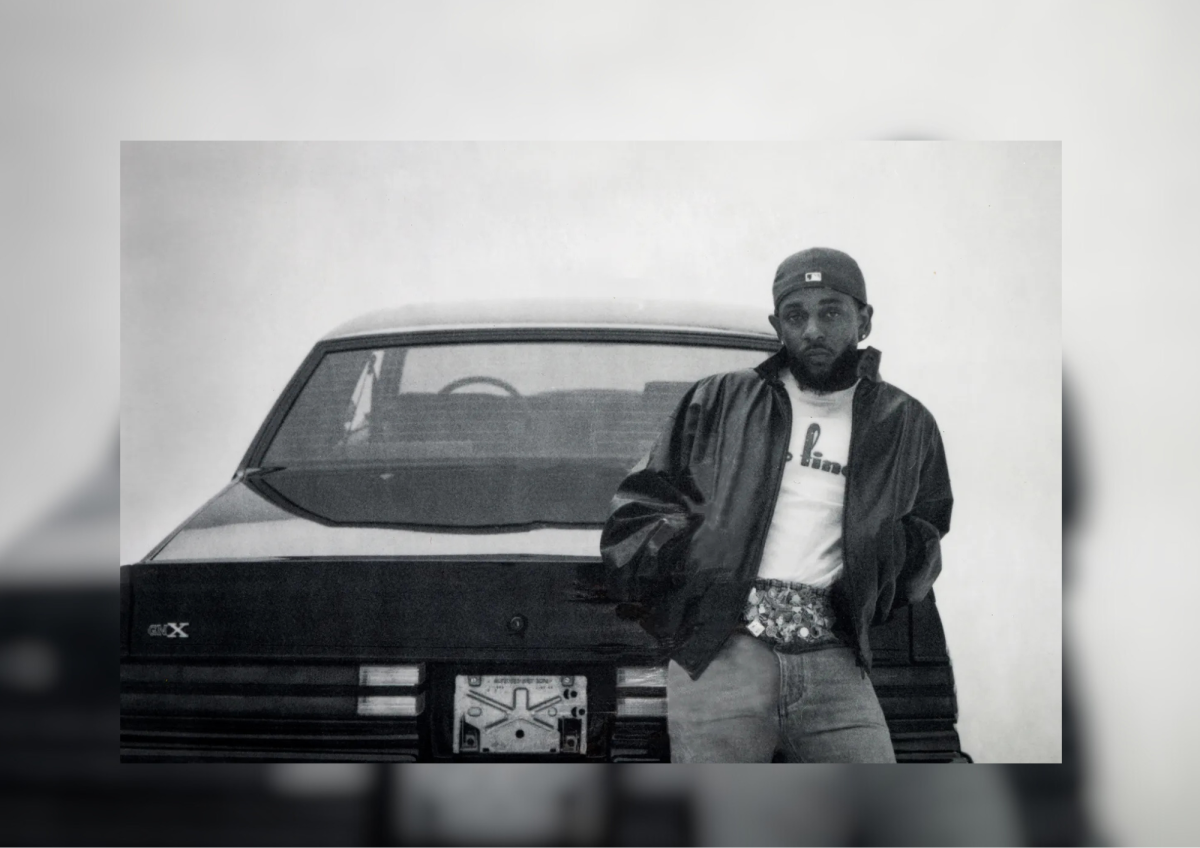By 2008, Sheffield’s Arctic Monkeys were one of the most popular and well-received bands in England. Their first two records, “Whatever People Say I Am That’s What I’m Not” and “Favourite Worst Nightmare,” were both smart and exhaustingly energetic, with the former becoming the fastest-selling debut album in British history, a title it still holds today. Instead of taking some much-deserved time off, the Monkeys continued touring. In late 2008 and early 2009, they wrote and recorded their third record, “Humbug,” around their tour schedule.
Wanting desperately to change their sound, the group traveled to California to record the majority of the album with stoner rock legend Josh Homme, frontman of Queens of the Stone Age. The group wanted to make something gritty and, for their standards, they did. The guitars were dirtier, the bass was fuzzier and the production was more atmospheric. Instruments and backing vocals were arranged much more carefully this time around, leading to different parts, especially the guitars, seeming more deliberate than the ramshackle style the group was known for.
“Fire and the Thud” displays this new production style firing on all cylinders. The group also introduced a variety of instruments that, before “Humbug,” were either used sparingly or not at all. This included baritone and slide guitars, various forms of percussion, keyboards, and an organ. The result is still the group’s stormiest record, both sonically and lyrically.
Frontman Alex Turner’s lyrics and vocal deliveries are arguably still his most mature to date. He crafted intricate webs of vivid imagery and intelligent metaphors to tell gloomy tales of eroticism, harassment, lies, and even a home invasion. He also reached lower in his vocal range than he had up to that point, an area he became more comfortable with on “AM.” A standout example of this is the album’s closer, “The Jeweller’s Hands,” an atmospheric, bass-heavy track whose lyrics are so miserable it feels like sitting in hot rain.
Turner is singing with a borderline growl most of the song, but especially during the chorus, where he taunts, “And now it’s no one’s fault but yours/ At the foot of the house of cards/ You thought you’d never get obsessed/ You thought the wolves would be impressed/ And you’re a sinking stone.” Every track on the album is created so expertly that you can feel yourself standing next to Turner’s characters every step of the way.
Not all of the record was thunder and lightning though. Whenever the group wasn’t in California, they went to New York to continue the record with their previous producer, James Ford. The few tracks Ford worked on were the brighter of the bunch. “Cornerstone” is Turner at his most tender on this record. On this one track, Turner opts for a more straightforward approach with his lyrics which, when mixed with the simple but beautiful instrumental, results in an endearing love song that fans still adore and cover frequently. Another is “Secret Door,” a personal favorite.
The group takes the topic of Turner’s significant other at the time being hounded by the paparazzi and turns it into a dreamy, psych-rock romp, which leads up to an instrumental flourish that doesn’t overstay its welcome by trying to be a musical explosion, like most other garage bands of the time, including the Monkeys, resorted to.
Upon the record’s release in August 2009, it was met with a mixed reception. It received generally positive reviews from critics, with many heaving praise at Turner’s lyricism. However, it split fans right down the middle, with many wanting a return to the quick and youthful style that the band became popular for. Ultimately, the album was slowly disregarded by most after the hype died down.
The group released “Suck It and See” in the summer of 2011, which was more pleasing to audiences and won back older fans with its upbeat and sunny songwriting and tone. 2013’s “AM” is the band’s most commercially successful album, with the group finally reaching international recognition.
Around this time, tracks from “Humbug” started to disappear from live sets, except “Cornerstone” and “Crying Lightning,” the other big hit from the album. The occasional performance of “Pretty Visitors” began popping up during the group’s 2018 tour, but the rest of the album hasn’t been played live since the album’s tour cycle.
Today, “Humbug” has a cult following within the group’s fan base, but is still almost completely ignored by critics and mainstream audiences. Despite this, it is still the band’s most crucial project. Without experimenting with a more gloomy and psychedelic sound on “Humbug,” the band could never have created the riff-heavy sleaze of “AM” and the patient despondency of “Tranquility Base Hotel and Casino.”
Most importantly, it showed audiences that the band was still talented when they weren’t playing blisteringly fast and that Alex Turner wasn’t going to settle with being known as the guy who writes songs about clubs, drinking, and old girlfriends for the rest of his life. It showed that the group wasn’t just a flash in the pan like most bands of their kind, and possessed the talent and ambition to become one of the best, and arguably most influential, rock groups of our time.
For questions/comments about this story, email [email protected] or tweet @TheWhitOnline.
























































































































































!["Working with [Dr. Lynch] is always a learning experience for me. She is a treasure,” said Thomas. - Staff Writer / Kacie Scibilia](https://thewhitonline.com/wp-content/uploads/2025/04/choir-1-1200x694.jpg)








































